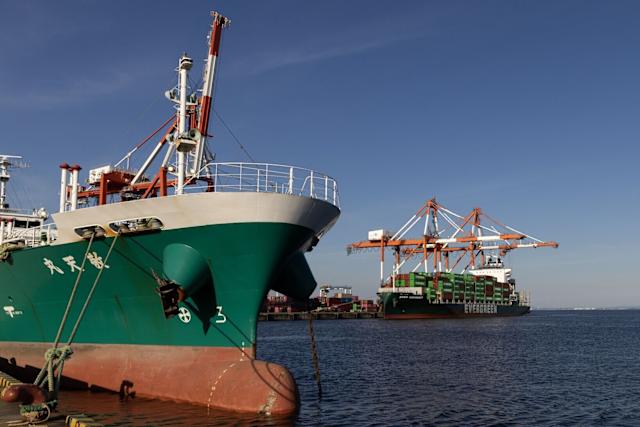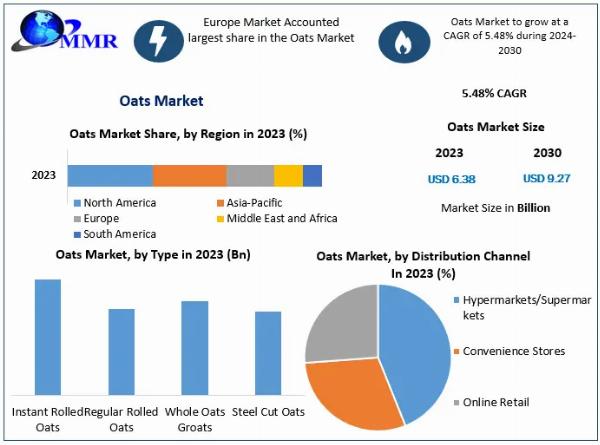
(Bloomberg) -- President Donald Trump said he is not considering delaying his July 9 deadline for higher tariffs to resume and renewed his threat to cut off talks and impose duty rates on several nations, including Japan.
Most Read from Bloomberg
-
Struggling Downtowns Are Looking to Lure New Crowds
-
Sprawl Is Still Not the Answer
-
California Exempts Building Projects From Environmental Law
“No, I’m not thinking about the pause,” Trump said Tuesday when asked whether he would extend the negotiating period with trading partners. “I’ll be writing letters to a lot of countries.”
US stocks pulled back after Trump’s comments to reporters aboard Air Force One. The S&P 500 Index quickly dropped 14 points on the headlines after trading was steady earlier in the day. The benchmark was down 0.1% as of 3:36 p.m. in New York. The Cboe VIX Index jumped above 16.8 before paring its advance.
A Bloomberg gauge of the dollar changed little after Trump’s remarks, while the yen held onto gains versus the US currency, outperforming all of its Group-of-10 peers.
Investors are closely watching how the president decides to handle the current pause on his April tariffs, which he put on hold for 90 days to allow time for talks.
Trump for weeks has sought to exert leverage over trading partners with threats to set high levies on governments he sees as being difficult. His top economic adviser, Kevin Hassett, a day earlier signaled agreements would be announced after the July 4 holiday and the signing of the tax and spending bill the US Senate approved.
Since the president put his country-by-country tariffs on hold, he and his team have repeatedly promised a flood of agreements that would rebalance trading relationships that he has long decried as unfair. But the only two such pacts thus far have been broad frameworks with the UK and China, which left several key issues unresolved and many specifics to be negotiated later.
The president on Tuesday deepened his criticism of Tokyo for not accepting US rice exports. He also said that auto trade between the two nations is imbalanced. Japan should be forced to “pay 30%, 35% or whatever the number is that we determine, because we also have a very big trade deficit with Japan,” Trump said.
Trump proposed a 24% tariff on Japanese goods in April. Those have been subject to a 10% charge during the negotiating period.
“I’m not sure we’re going to make a deal. I doubt it with Japan, they’re very tough. You have to understand, they’re very spoiled,” Trump said.
Earlier: India’s Foreign Minister Sees US Trade Deal as Possible in Days
Story continuesThe president sounded more optimistic about reaching a deal with India. When asked about the prospects for an agreement over the next week, Trump said: “possibly. That’s going to be a different kind of a deal.”
“It’s going to be a deal where we’re able to go in and compete. Right now, India doesn’t accept anybody in,” he said. “I think India is going to do that, and if they do that, we’re going to have a deal for much less tariffs.”
India’s foreign minister Subrahmanyam Jaishankar said this week his country is close to finalizing an agreement with the US, as they work through thorny issues including coming industry-specific tariffs and market access for genetically modified crops from America.
Talks have intensified, with India’s chief negotiator Rajesh Agarwal extending his stay in the US to iron out disagreements.
Other negotiations have proved even more difficult — and Trump has been keen this week to make an example out of Japan. That could be seen as a warning to other countries to get in line or face prohibitive tariffs. Yet the president also showed his penchant for quick reversals last week with Canada, initially cutting off talks but then restarting them days later after Ottawa scrapped a digital-services tax.
Japan’s efforts under Prime Minister Shigeru Ishiba to maintain a steady, friendly approach to negotiations have been put to the test by Trump’s efforts to ramp up pressure for deals. Tokyo has pushed for relief for its crucial auto sector, as well as other tariff exceptions, but the deliberate approach risks backfiring as Trump looks for quick wins on trade.
“I love Japan. I really like the new prime minister,” Trump told reporters. “But they and others are so spoiled from having ripped us off for 30, 40, years that it’s really hard for them to make a deal.”
--With assistance from Prateek Mazumdar, Yoshiaki Nohara, Sakura Murakami, Alastair Gale, Elena Popina and Carter Johnson.
Most Read from Bloomberg Businessweek
-
SNAP Cuts in Big Tax Bill Will Hit a Lot of Trump Voters Too
-
How to Steal a House
-
America’s Top Consumer-Sentiment Economist Is Worried
-
China’s Homegrown Jewelry Superstar
-
Pistachios Are Everywhere Right Now, Not Just in Dubai Chocolate
©2025 Bloomberg L.P.
Trump's adherence to the July 9th tariff deadline while criticizing Japan underscores his complex approach, displaying a mix of protectionist rhetoric and pragmatic strategy in international trade negotiations.
Trump's insistence on the July 9th tariff deadline, despite its costly criticism from Japan and potential GDP impact warnings in their economy highlights a gamble with trade risks that favors domestic politics over global cooperation.
Trump's insistence on the July 9th tariff deadline despite his criticism towards Japan highlights a flawed approach to diplomacy, suggesting an unwillingness for compromise amidst mounting trade tensions.
By maintaining the July 9th tariff deadline while voicing criticism towards Japan's actions, Trump demonstrates a firm stance on trade policy amidst domestic and international pressure.
Trump's adherence to the July 9 tariff deadline, despite his criticisms of Japan’ policy stance thereafter hints at a seemingly rigid stance in international trade negotiations.
Trump's insistence on adhering to the July 9th tariff deadline, despite his criticism of Japan’ kompromitteness shows a duality in American trade policy - protecting domestic interests while engaging channels for dialogue.
Trump's insistence on the July 9th tariff deadline, while expressing criticism towards Japan’S stance, underscores his commitment to adherence despite international friction.
Trump's adherence to the July 9 tariff deadline, despite his criticism of Japan’t market accessing stance clearly demonstrates an intention for strengthened protectionism within global trade negotiations.
President Trump's steadfast commitment to the July 9th tariff deadline, despite herding criticism from Japan and other trading partners alike underlines his unwavering stance on protectionist policies.
Trump's adherence to the July 9th tariff deadline, while criticizing Japan’s stance on trade policies exposes a peculiar mix of firmness in action and criticism in words that reflects both domestic political positioning & international diplomacy dynamics.
Trump's adherence to the July 9th tariff deadline while casting doubts on Japan underscores his unpredictable trade policy making, which further complicates global markets and alliances.
Trump's insistence on the July 9th tariff deadline despite his criticism of Japan highlights his complex and contradictory approach to international trade negotiations, demonstrating a reluctance for interim solutions that might worsen US-Japan relations.
The primary concern with Trump's decision to maintain the July 9 tariff deadline on Japan while also criticizing them suggests a strategic move amidst ongoing trade negotiations, demonstrating an unpredictable yet potentially recalibrated approach towards international commerce.
Trump's insistence on the July 9 tariff deadline demonstrates his unwavering stance despite criticisms lobbed by Japan, indicating a firm determination to enforce trade policy under pressures.
Trump's stubbornness in adhering to the July 9th tariff deadline despite his criticism towards Japan underscores a restrained global diplomacy at best, riskily confrontational strategies. His move stands as yoking protectionism with ill-concerted international tensions.














